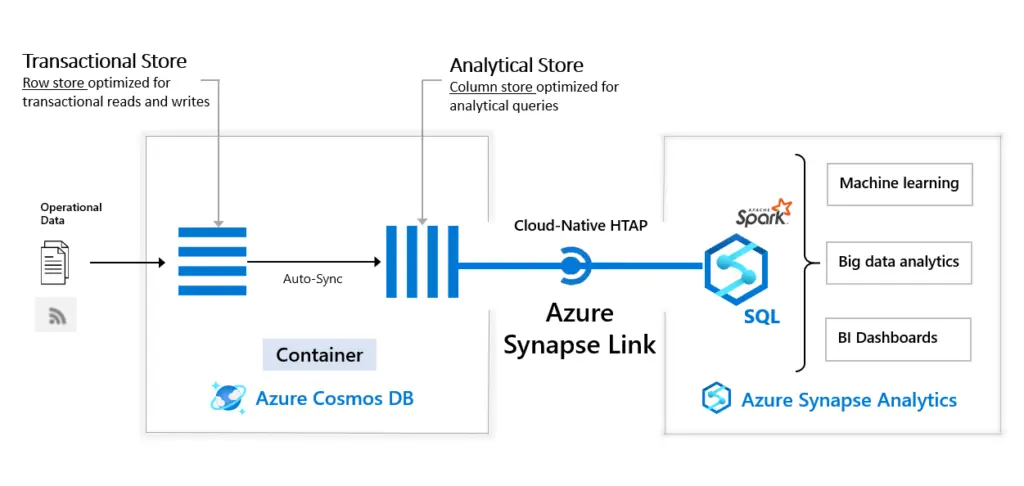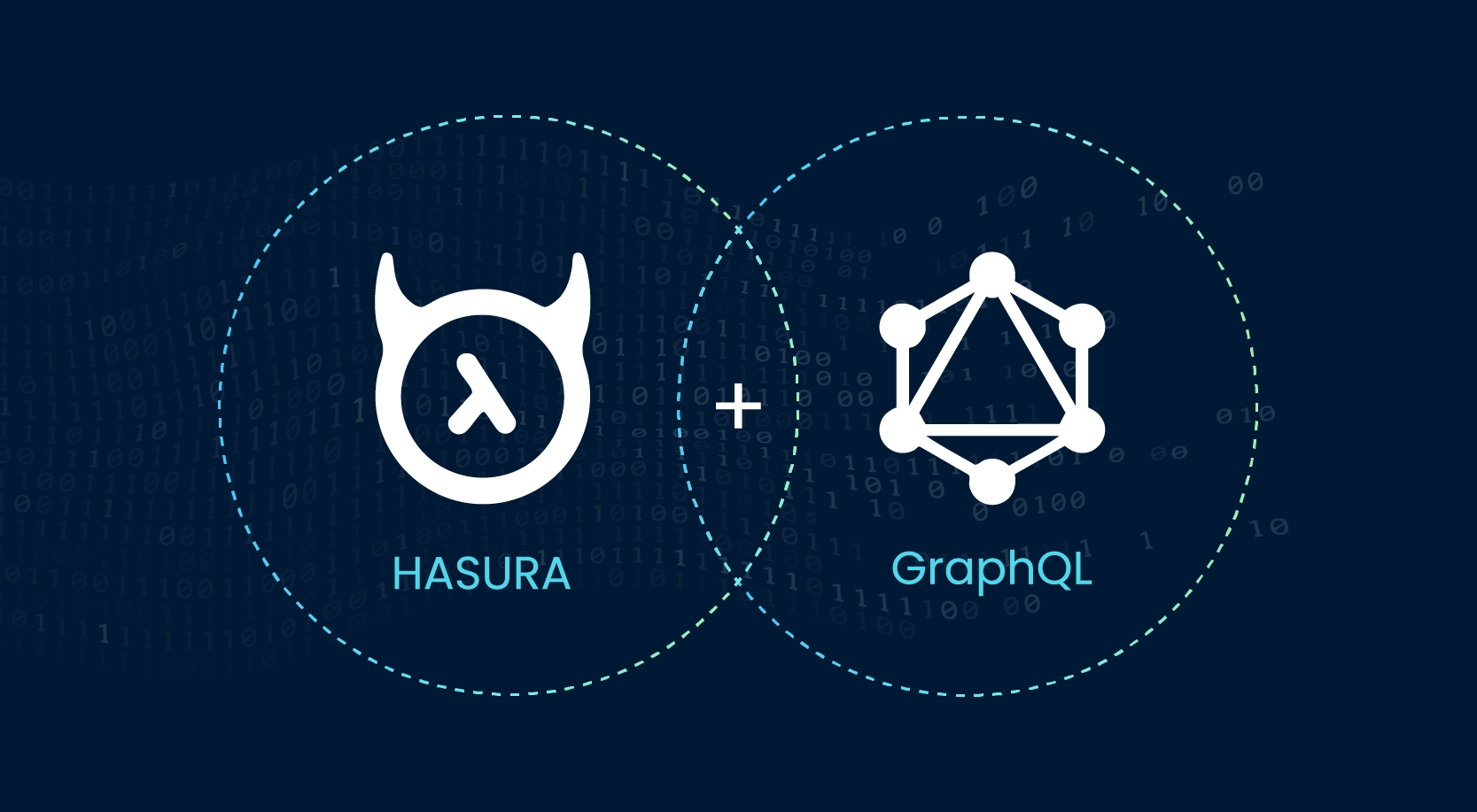
The importance of real-time business intelligence and analytics
We as human beings make around 35000 decisions in a day. Not surprisingly we expect our data to perform in a manner that empowers businesses to make sound decisions based on logic and calculations. The need for data to enable decision making is not new. However, the process continues to evolve and to maximize our ability to extract intelligence requires us to stay up to date on new technologies.
Historical processes such as batch data for intelligence have become obsolete as businesses find themselves swamped in real-time data flows. The reason for this is self-explanatory. Intelligence based on historical data loses relevance as customer behavior continuously transforms based on available options and solutions. To simplify, a customer visiting an online shopping site may have planned to buy a dress, but the site is offering attracting discounts on footwear, and she decides for a moment to simply see the available options. The footwear decision is instantaneous, and she splurges on a couple of pairs leaving the clothes buying for another day. Her decision to buy shoes was based on the promotions on the site and the business will benefit if it gets this information as soon as possible, i.e. how many people responded to a promotion. The number of visits, translating into purchases, tells the business several things, including what is working, what isn’t, what kind of footwear, which brands were successful and so forth. A single purchase can lead to so many forms of intelligence and each one more important than the other.
The existing processes for extracting intelligence from data:
- Event-based intelligence as the name indicates is derived from an event and not necessarily from stored data. There are systems that offer event-processing techniques which allow intelligence to be derived from data directly without the data going into a data warehouse. The in-built memory in the application makes this possible.
- Data warehouses store information on a near real time basis. However, data extraction can result in latency stretching from a few minutes to several hours. Data analysis is often manual and this too can take time and often inaccurate.
In the recent past, MSSO Technology (Multiple source Simple Output) or Serverless Technology has deleted the need for data warehouses as it accesses live data directly. Since it is actually server-less and not dependent on warehouses it reduces lead time and offers almost instantaneous intelligence.
Introduction to Azure Cosmos DB and Dataverse
Today, it is not enough for businesses to ensure that their applications are always on or highly responsive. They need to ensure data intelligence reducing latency, and respond in as close to real time as possible. Under this category, Azure Cosmos DB is a fully managed NoSQL database for modern app development that offers single-digit millisecond response times, and automatic and instant scalability, with guaranteed speed at any scale.
Along with Synapse, another innovation is Microsoft Dataverse which is a data storage and management engine. It decouples the data from an application, allowing an administrator to analyze from every possible angle and report on data previously existing in different locations. It is based on Common Data Model principles, and enables data of any size and format to be easily imported, managed and exported.
Linking the Two – Introduction to Synapse Link
Azure Synapse Link for Azure Cosmos DB is a cloud-native hybrid transactional and analytical processing (HTAP) capability that enables businesses to run near real-time analytics over operational data in Azure Cosmos DB. Azure Synapse Link creates a tight seamless integration between Azure Cosmos DB and Azure Synapse Analytics.
Similarly, Azure Synapse Link can also be used to connect Microsoft Dataverse data to explore data and accelerate time to insight.
The following image shows the Azure Synapse Link integration with Azure Cosmos DB and Azure Synapse Analytics:

The following image shows the Azure Synapse Link integration with Microsoft Dataverse and Azure Synapse Analytics:

Features of Azure Synapse Link for Cosmos DB and Dataverse:
- Extensible data platform with out-of-the-box common tables, extended attributes, semantic meanings, and an open ecosystem enabled by Common Data Model.
- Reusable data schemes that can be used to repeatedly rebuild, validate and deploy data applications using GitHub and Azure DevOps.
- On-the-dot data insights from low-code AI tools that process automation. Identifies and resolves data duplication using inbuilt logic and rules.
- Critical security features through advanced encryption, access control and integration with Azure Active Directory.
Additional Benefits
- Cost effective – Since it is fully programmed, frees up work hours for more quality work.
- Handle large volumes workloads as it provides seamless access at reduced latency through supported SLA. By dissemination to any Azure locale, it again reduces latency and provide limitless scale across geographies.
- No impact on transactional system when data fetch is happening
- Since Cosmos DB is an analytic store, querying does not impact speed or performance.
How WinWire can help?
WinWire, a Microsoft Azure Partner, provides end-to-end data services from advisory through engineering to intelligent data management solutions that leverage automation to manage and govern data.
Our data-driven digital engineering approach allows organizations to unlock their market potential by enabling faster-contextualized decision making and deliver tangible business benefits.
To leverage this new, well-designed Azure Synapse Link and Synapse Analytics for limitless analytics, talk to us now.





